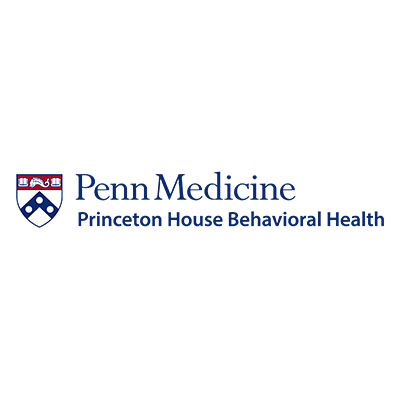Penn Medicine Princeton House Behavioral Health Eatontown
Outpatient, Hospital / Inpatient
(888) 437-1610
Eatontown

Our newest outpatient site in Eatontown, on Hope Road at the border of Eatontown and Tinton Falls in Monmouth County, includes our award-winning Women’s Program. The site recently doubled in size to accommodate distinct space for the Men’s Trauma Program, and Young Adult Program.
The facility is conveniently located just off Exit 105 of the Garden State Parkway, bringing our services closer to residents of Monmouth and Ocean Counties. Completely renovated with soothing, comfortable décor, the 14,000-square-foot center includes physician and staff offices, group therapy rooms, a dining room, and space for individual therapy. The Women’s Program is fully contained and separate from other programs, creating a very special milieu for the patients and staff. The building is handicapped-accessible and offers on-site parking. Treatment options include a partial hospital program (9:30 a.m. to 3:30 p.m. five days per week) and an intensive outpatient program (9:30 a.m. to 12:30 p.m. three days per week).
One of the first of its kind nationally, the Men’s Program at Princeton House Behavioral Health provides a safe, trust-filled environment for men who have experienced traumatic events that are impacting their well-being and overall functioning. Men can share their experiences, learn from each other, and recover from post-traumatic stress.
Treatment includes a comprehensive evaluation and medical management by a board-certified psychiatrist, an individualized recovery plan, group, and individual therapy, coping and life skills training, education on maintaining physical and emotional health, family sessions, and dialectical behavior therapy group for better emotional control.
Through this program, we help our patients to:
- Understand the relationship between trauma and psychiatric symptoms
- Establish and maintain safety
- Facilitate healthy ways of managing emotion
- Avoid the pitfalls of substance use
- Learn coping and relationship-building skills
- Understand how behaviors that were once adaptive and useful for survival may no longer serve that function
- Build self-esteem and self-confidence through self-empowerment
| Age Groups |
|
| Gender-Specific |
|
| Health Services |
Behavioral / Mental Health |
| Treatment Services |
Outpatient ServicesTreatment Setting
|
| Payment Types |
|
| Areas Served |
|
Last Updated: 05/10/24
